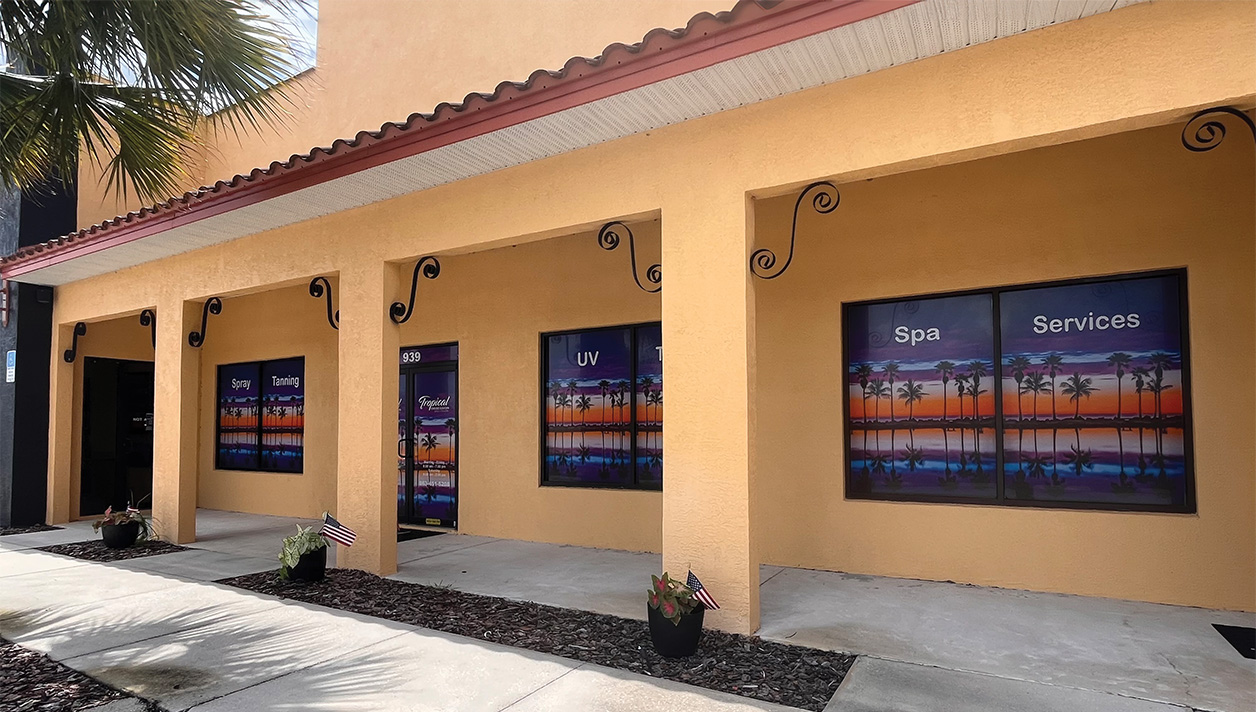Sweating is the natural response to whole-body heating. It prevents overheating and helps us maintain a stable core temperature. As we sweat, our bodies pump increased amounts of blood to our skin surface, allowing the warmer blood from the body core to be cooled on the skin surface by evaporation. Blood carries oxygen and nutrients to working cells throughout the body – including the skin. The increased flow of blood incident to heat exposure helps nourish skin cells and increases the regeneration of collagen fibers, promoting healthier, more beautiful skin.
[gap height=”15″]
Not all perspiration is in response to heat; we also sweat when we are nervous or anxious. We have two different types of sweat glands: eccrine and apocrine. Eccrine sweat glands are distributed throughout the entire body and are primarily for cooling the body. The average person has from 2-to-4 million eccrine sweat glands. Additional benefits of sweating which help promote more beautiful skin include the following:
[gap height=”15″][gap height=”15″]
Sweating Produces a Natural Antibiotic Which Helps Protect the Skin from Bacteria (including E. Coli and Staphyloccus), Fungi and Viruses
[gap height=”15″]
Scientists have found that when we sweat, we naturally produce a powerful antibiotic called dermcidin which can protect us from invaders such as tuberculosis and staphylococcus.1 These natural substances – called antimicrobial peptides – are more effective than traditional antibiotics because germs are not capable of quickly developing resistance against them.
[gap height=”15″][gap height=”15″]
Sweating Promotes the Removal of Waste Products from Working Cells
[gap height=”15″]
The increased circulation of blood and lymph incident to sweating helps flush cellular debris from the skin – in effect, cleansing the skin “from the inside out.”
[gap height=”15″][gap height=”15″]
Sweating Naturally Exfoliates the Skin and Increases Skin Cell Turnover
[gap height=”15″]
Minerals and salt in sweat help to naturally exfoliate your skin for a healthier glow and a refreshed and more youthful appearance.
[gap height=”15″][gap height=”15″]
Sweating Helps Cleanse Skin Pores
[gap height=”15″]
Pores are tiny apertures in the surface of the skin which allow the input or output of fluids and gases. Heat softens pore-clogging debris and softens the skin’s elastic connective tissue fibers (collagen and elastin) so the pores themselves are stretched, allowing easier removal of debris. Sweating helps remove the buildup of debris from pores and helps reduce the clogging which causes blackheads and acne breakouts.
[gap height=”15″][gap height=”15″]
Sweating Helps Reduce Stress (Leading to Healthier Skin)
[gap height=”15″]
Whole-body heating is also helpful for reducing stress, which will help improve acne, eczema and many other skin conditions.
[gap height=”15″][gap height=”15″]
Sweating Can Help Expel Harmful Toxins
[gap height=”15″]
Studies have shown that many toxic elements can be excreted through sweat. Induced sweating is believed to be help eliminate a host of toxic elements from the body. Detoxification leads to healthier skin, provides an immune system boost, and helps us avoid many diseases believed to result from toxic overload.
[gap height=”15″][gap height=”15″]
Sweating Helps Regulate Hormones and Improve Adult Acne
[gap height=”15″]
Heat exposure also helps regulate hormonal imbalances which can cause adult acne and other skin conditions. Primary causes of acne include excess sebum (oil gland) production and clogging of skin cells in hair follicles, both of which are greatly influenced by hormones. Androgens – the male hormones present in both men and women – contribute to acne flares by over-stimulating the oil glands and altering the development of skin cells that line hair follicles in the skin.
[gap height=”15″][gap height=”15″]
Sweating May Be Helpful for Psoriasis
[gap height=”15″]
Studies have shown that regular whole-body heating sessions can be effective for treating the symptoms of psoriasis.2
[gap height=”15″]1. Song, C., et al, Crystal structure and functional mechanism of a human antimicrobial membrane channel, Proceedings of the National Academy of Sciences, 2013:DOI: 10.1073/pnas.1214739110.
[gap height=”15″]2. Hannuksela, M.L. & Ellahham, S. Benefits and risks of sauna bathing. The American Journal of Medicine 110, 118-126 (2001).
[gap height=”15″]Heat exposure increases blood flow, helping to nourish skin cells and increase regeneration of collagen fibers, promoting healthier, more beautiful skin.





























